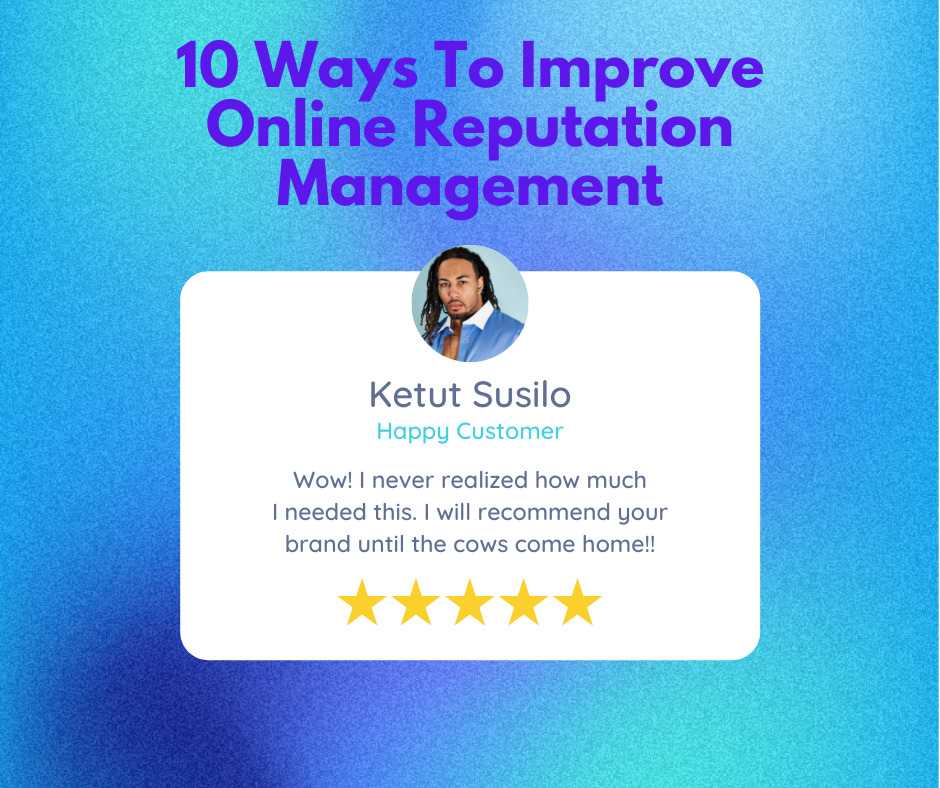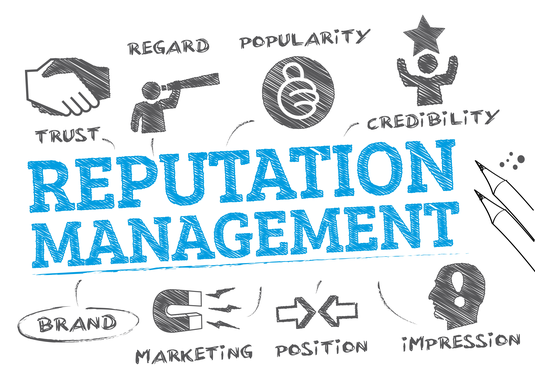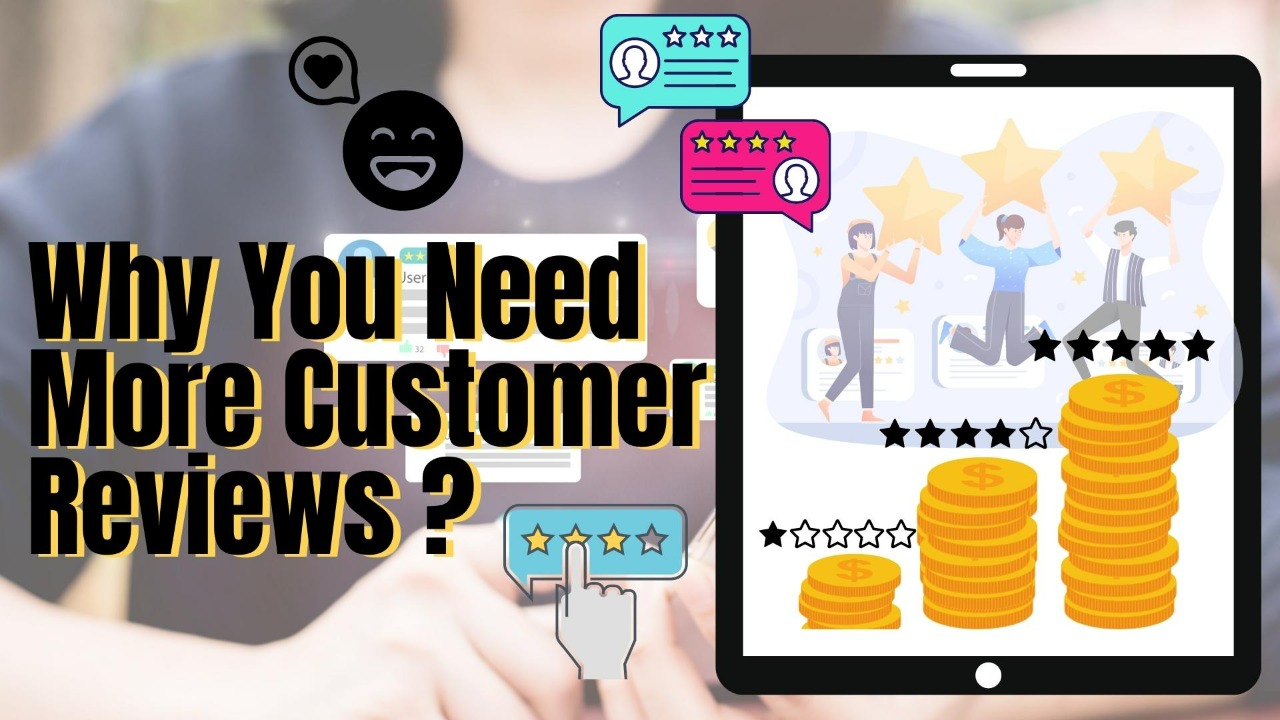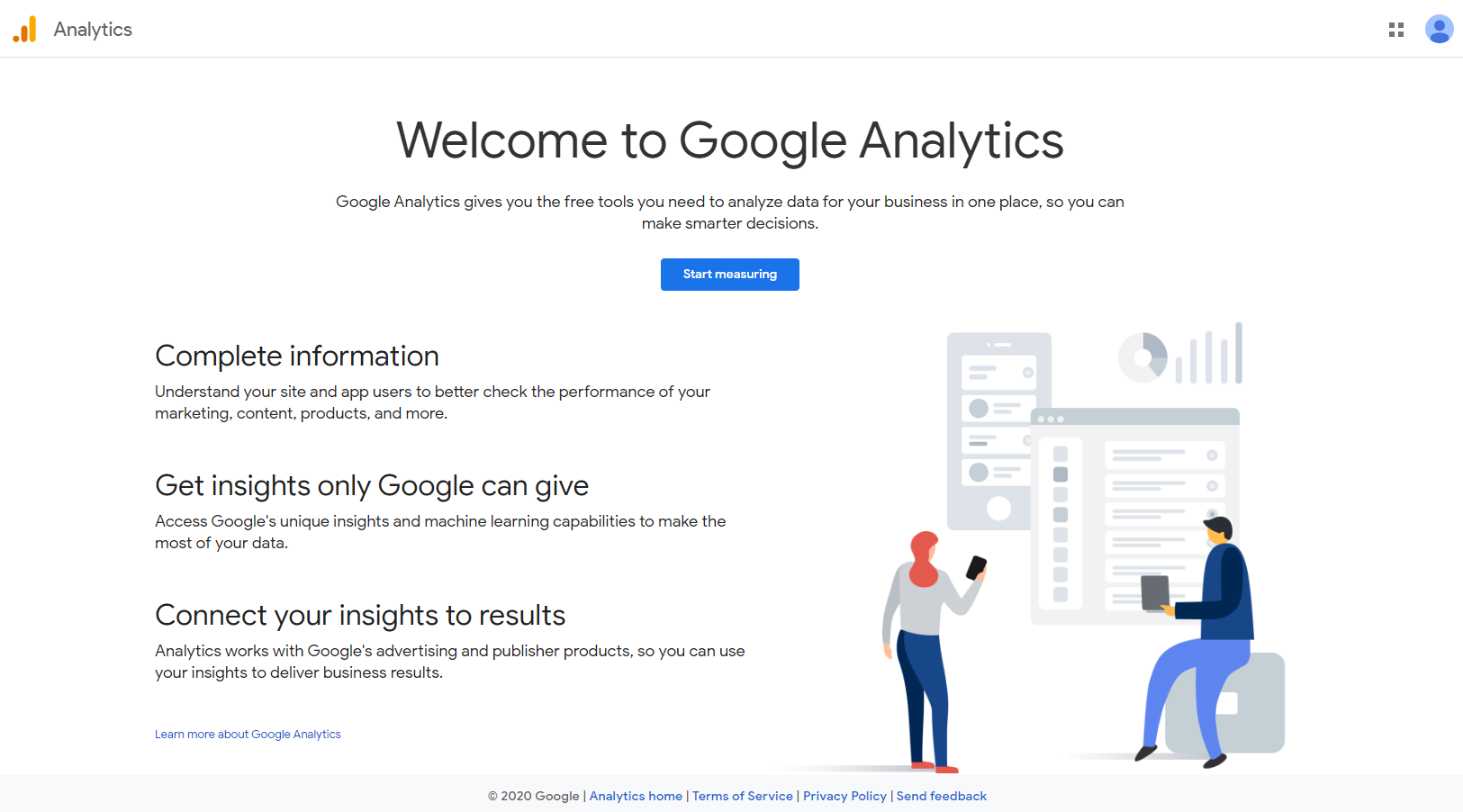For businesses of all sizes and industries, the odd dissatisfied customer is unavoidable. Most
consumer issues may be resolved promptly and efficiently over the phone or via email. However, if the consumer retaliates by publishing unfavorable reviews about your business online, the situation can become more complicated — and potentially hazardous. As a result of the Internet's reduction in the distance between clients, word-of-mouth can now go significantly faster and farther than ever before.
The key to mitigating the impact of unfavorable reviews is to have a plan in place to manage your online reputation before a problem occurs. In addition, your organization may be better equipped to respond quickly and effectively to reduce a financial loss if you plan.
Ronald Osborne, the founder of Senior Living Mastery, is an expert at reputation management for assisted living facilities and senior living facilities across the world. Ronald stressed the importance of managing online reputation for senior living facilities in a constantly evolving world. Because what Ronald is saying is that a lot of these AI bots are just grabbing some of the review platforms and making uninformed opinions of one or two platforms where maybe there's a negative review that isn't actually verified and it could be a fake review. The team at Senior Living Mastery are working with so many assisted living facilities now that have had a couple of fake reviews placed on them, and they're having to deal with them. They've noticed a more profound impact to their facilities because of the AI summaries.
It should come as no surprise that 85 percent of potential customers value online reviews even more
than personal advice. To put it another way, strangers are trusted just as much as best mates.
This implies that the general tone of your online reviews has the potential to make or damage your
company. According to surveys, most individuals will not be doing business with a firm after reading
just one negative review on any social media profile. However, online consumer evaluations and positive reviews are practically identical in terms of credibility. That is why we have created 10 ways to improve online reputation management.
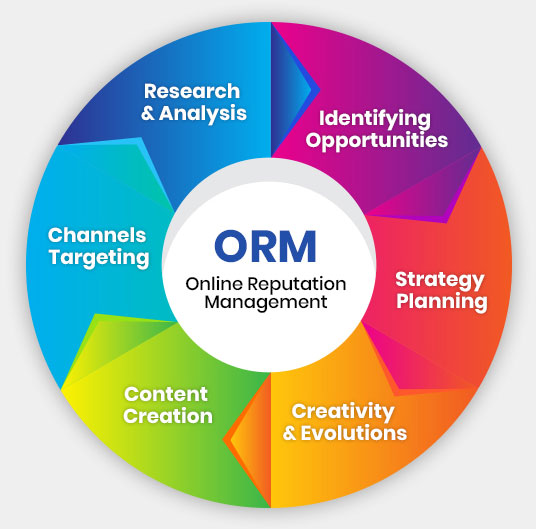
Table of Contents
Difference between Reactive and Proactive Reputation Management Strategies:
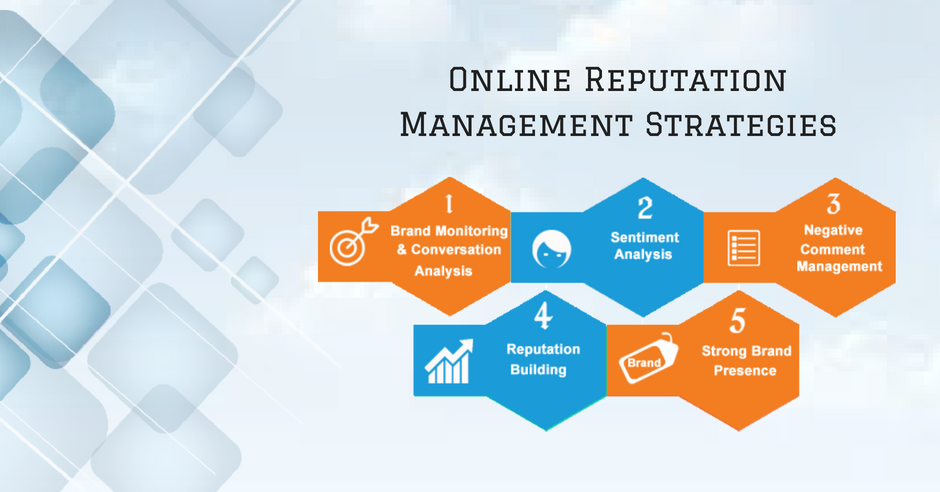
Most small firms are reactive rather than proactive when it comes to reputation management. Despite the widespread notion that a more comprehensive digital marketing strategy is critical for online success, many firms still limit their online presence to a website. Negative comments that display near the top of a keyword search when potential clients seek up their business are very hazardous. This is especially crucial for well-known local businesses that may be searched by name regularly. Negative information ranking in branded search results can directly impact your bottom line in this situation. Negative feedback is said to have made 60 percent of buyers decide not to utilize a company.
The simple presence of a company in the search engine results is one of the most important trust
indicators. However, a company's appearance cannot be relied upon solely. This is why: Before choosing to use a business, 49% of consumers require a minimum four-star rating. Consumers view an average of seven evaluations before putting their faith in a company. When a person has a high level of trust in a brand, they will buy from it. However, online reviews have the power to make or break trust.
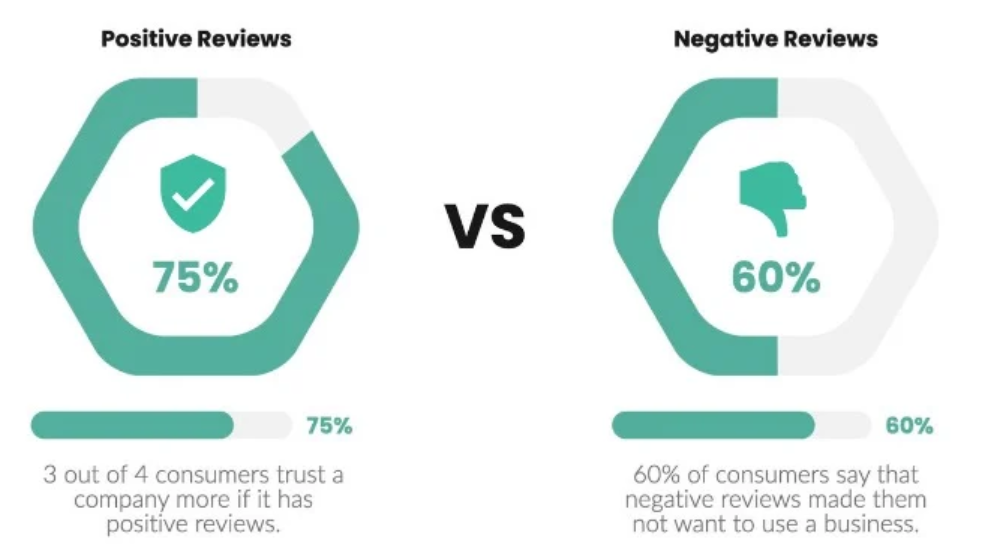
For long years, online reputation management and restoration have been a growing part of digital
marketing. However, based on my experience working on numerous reputation repair cases, it is clear that businesses that do not invest proactively in developing their online presence and reputation will pay significantly more in terms of lost revenue, damage control, and correctly establishing the appearance, they abandoned.
Mentioning names of top executives may also be an area where their digital reputation should be
controlled proactively for businesses related closely to the profiles of their owners/founders. To
maintain their solitude outside of their businesses, some business owners prefer to stay out of the
limelight by eschewing social media. The disadvantage is that they have no safeguards in place should someone choose to take their name and harm their reputation, whether through a poor review or otherwise.
On the same note, things may be messed up by not giving your required input on digital platforms or
using social networks incorrectly. If you lack the abilities required to handle yourself appropriately and professionally online, no one can harm your reputation as much as you can. With these thoughts in mind, consider the following ten tactics to help you manage your online reputation more effectively.
1. Expand Your Online Presence
When it comes to social media sites, Facebook, Instagram, and Twitter are commonly referred to as
the "big three." However, there are numerous additional social media sites that businesses can
investigate to broaden their digital footprint and win loyal customers. The trick is to figure out which
social media websites your target client audience likes to utilize so you can develop a presence before someone else can smear your brand.
B2B companies would benefit from having a LinkedIn profile to make business relationships and public relations with every individual who might need their services. B2C firms, on the other hand, may want to explore a wide range of satisfied customers using a visual platform like Pinterest to display their items on daily basis.
Finally, businesses that want to attract a younger market should watch upcoming social platforms like Snapchat, particularly since these emerging apps aren't yet overrun with commercial accounts. Of course, expanding your social media reach will not only allow you to engage with your target audience. Still, it will also help you maintain control over the top search results for your business in the event of a negative review and secure you a ton of five-star reviews and a satisfying customer experience.
It's just as vital to create and distribute good material to eliminate poor content. But what distinguishes high-quality content from the rest of the Internet's amateur content? The top three things that make advertising effective, according to a LinkedIn Technology Marketing Community analysis from 2014, are:
- Relevance to the target audience.
- Entertaining storytelling.
- Writing that motivates others to act.
It's not enough to merely delete the undesirable content. To catch client attention and keep your company image good and relevant, you must also provide high-quality content.
Content marketing is popular for several reasons, one of which is because it works. According to a
Content Marketing Institute poll, most respondents believe their company's content marketing is
effective to some extent.
2. Social Media Monitoring

Having many social media profiles for your business isn't enough for your social media reputation
management; they must be updated and maintained regularly to gain an organic following. You can
improve your impact, raise your engagement, and communicate with current and potential consumers by regularly updating your social media feeds with interesting and entertaining information. In addition, if you don't maintain your social media accounts after they've been created, they may become too weak to outrank bad reviews made about your account on the specific social site.
Negative reviews or even a single customer complaint can severely harm conversion rates. So much so that simply 1 or 2-star evaluations failed to score 86 percent of potential consumers. This scenario represents a significant potential loss, especially for startups that rely on peak value to get their operations off the ground.
3. Increase your Brand's and Product's Online Visibility

If your firm has well-known brands and items outside of its name, you may need to go the extra mile for your digital presence and social profiles. Create websites, social media accounts, and other kinds
of searchable material for any division of your company that clients might lookup by name on different social media platforms. If someone else reserves their internet usage first, failing to claim ownership of the other trademarks and items associated with your firm could become difficult – and potentially costly – to control.
Every week, the average customer feedback mentions a brand 90 times. 87 percent of individuals search around for every product they buy, and they do it across various platforms. Social media posts affect 78 percent of consumers' purchasing decisions. 54% of people use a social media platform to do product research. 71% of customers who have had a good experience with the product on social media are inclined to tell their family and friends about it. Consumers only value brands if they have communicated with them on social media channels, according to 39% of customers. After seeing a brand's social post, 76 percent of American customers purchased a product.
4. Keep your Key Employees Satisfied
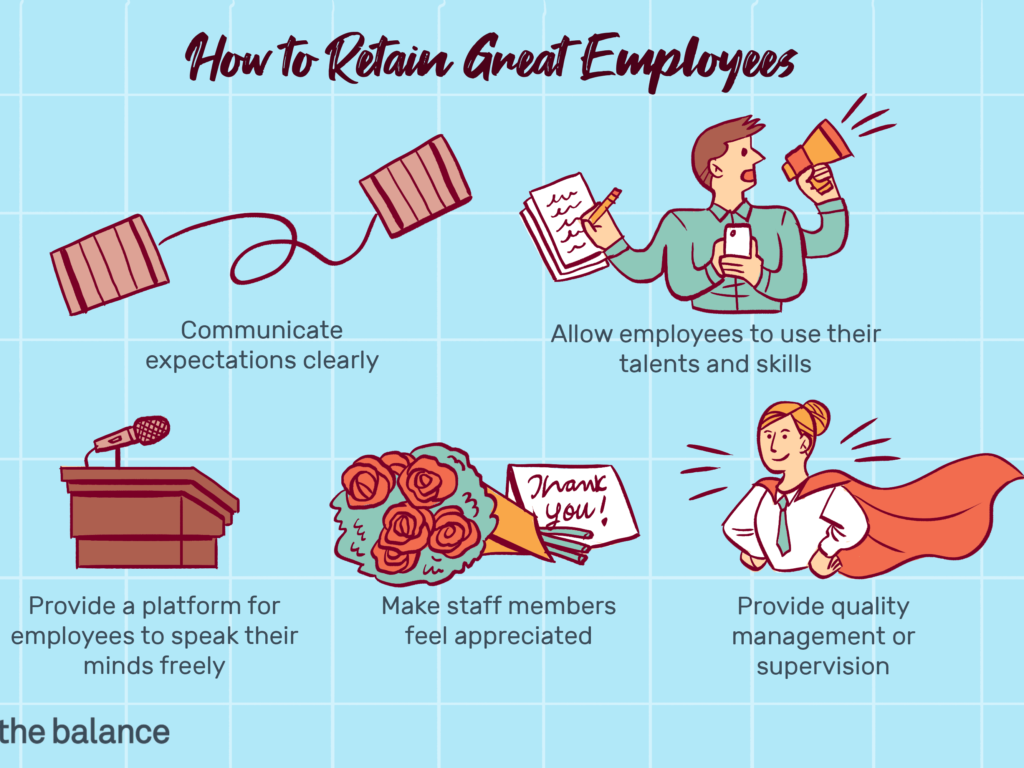
Potential clients may be looking for your solutions after inquiring their friends or family "Who do you go to?" rather than "Which firm do you go to?" for businesses like health facilities, hair salons, and law offices. Establishing a presence on social media for your top staff is a terrific method to manage your company's online reputation in this scenario.
As previously said, attempting to maintain a low profile by ignoring social media platforms makes it simpler for someone to smear your positive reputation with their negative content. As a result, your company's reputation may be tarnished. Therefore, a robust online reputation management strategy is vital for continued success in any firm where the company's identification is indirectly or directly
associated with its executives.
5. Create Online Reviews and Respond to Them
Allowing your satisfied clients and happy customers to create your internet reputation for you through online reviews is one of the most powerful strategies to do it. According to the 2018 Local Consumer Review Survey, 86% of individuals examine internet evaluations for businesses before making a purchase decision. With this in mind, requesting reviews from your customers on Google Business Profile, Facebook, and/or Yelp will assist your company in establishing a positive reputation and gaining consumer confidence while building a strong business relationship.
Other than gathering consumer feedback, online reputation management also involves how your
organization responds to any negative publicity it may receive. For example, rather than ignoring
unfavorable reviews – at worst, becoming antagonistic – apologize for their discomfort and reach out to them by phone or email to work out a solution. After meeting their demands and reaching a
resolution, the reviewer is often willing to upgrade their original comments with a better star rating. In the eyes of the modern customer, a firm that does not exist online does not exist at all.
And the way that a firm looks — without or with stars, positive or bad ratings — is also critical.
Although the statistics presented above are specific to local businesses, the idea applies to every
company, regardless of its physical address or presence.
It's critical to remember one fundamental fact while attempting to make sense of your online
reputation: your digital identity is your reputation. You don't exist if you don't appear online.
6. Frequently Update Your Blog

For various reasons, blogging is an excellent tool for managing one's online reputation. To begin with, blogging regularly allows you to display your thought leadership and expertise in your sector. Your blog with positive content also gives you the chance to build a dedicated following by giving your visitors answers to frequently asked concerns about your sector. In addition, blogging has the extra benefit of improving local SEO (search engine optimization) rankings and creating content to share across social media channels. Finally, it also helps you to secure satisfied customer reviews.
7. Pay Attention to Your Clients
When reacting to unfavorable consumer feedback, keep in mind that the criticisms may have some merit. This is certainly relevant if you receive a lot of negative comments about a particular issue. Rather than dismissing internet complaints as the work of a vengeful former client, answer all concerns professionally and examine how this input may be used to better your company's operations in the future.
Customers must always be treated with respect, and businesses must demonstrate that they value
their comments, especially since you never know how many future customers may read your
responses before evaluating whether or not to engage with you. Without you realizing it, the way you
respond to criticism online could be sending existing and future consumers into the folds of your
competitors. Make a conscious effort to respond to every customer dissatisfaction and poor
experience, regardless of whether you agree or disagree, and answer with courtesy rather than
spitefulness to all the online comments.
8. Make Legitimate Modifications
Human mistake is unavoidable in life, but they may be costly to your company if not addressed
immediately and effectively. If you or your firm makes an error, you must admit it and apologize to
individuals who have been harmed in any online content. When it comes to defusing a crisis and
rebuilding a professional relationship, a genuine apology accompanied by sincere amends does
wonders and portray your online reputation management efforts.
9. Do Not Engage in Online Debates
It makes no difference who is correct or began the argument; online mudslinging is virtually always
unprofessional. If you enable yourself to be emotionally affected by criticism, you may say or do anything that discredits your reputation.
The easiest strategy to prevent a public online debate is to take the debate offline to resolve the issue. Maintaining a professional demeanor will likely gain you more business than being "correct" in an online debate. If you or your company becomes embroiled in a digital conflict, take a break from the online until you have figured out an online reputation management strategy to resolve the matter and provide the best online reputation management service.
10. Make Investment in Online Reputation Management
Establishing your internet reputation necessitates a financial and time commitment. Unfortunately,
many small businesses do not prioritize reputation management until there is a situation that needs to be handled.
Any modern-day digital marketing plan must include proactive online reputation management.
Managing your company's image on your own may be stressful, time-consuming, and extremely
alienating to your consumers if you lack the necessary expertise. If you don't have the time, don't know where to begin, or simply aren't receiving the desired results you want, hire a reputation management firm or use other reputation management tools to manage your online reputation.
Conclusion
Following these ten recommendations for securing the benefits of the online reputation management approach will place your company in a better position if or when a negative remark or review is left. Receiving reviews from customers can help a firm to progress in a better way. Although proactive reputation management can often cost an upfront expenditure, it will save you money in the long run. Consider it a type of insurance: it won't make your company immune to reputational attacks, but it will help lessen the damage and keep it from being catastrophic.
It's critical to be ready for the worst: if you or your company is the target of online criticism, various tactics can be used to remedy the situation.
Because they lack large firms' financial resources and knowledge, local businesses are far more
vulnerable to internet reputation threats. When it comes to online reputation management, being
proactive is the greatest way to protect oneself from adverse claims and the financial damage that
frequently follows. Online reputation management also supports you to plan a long-term strong and reliable customer relationship.
It's never too early to start planning your company's online reputation management strategy. You can
hire and have a detailed discussion with an online reputation management firm to find out what your
company is already doing well and wrong and where you can contribute more collateral to strengthen your online reputation even more.
